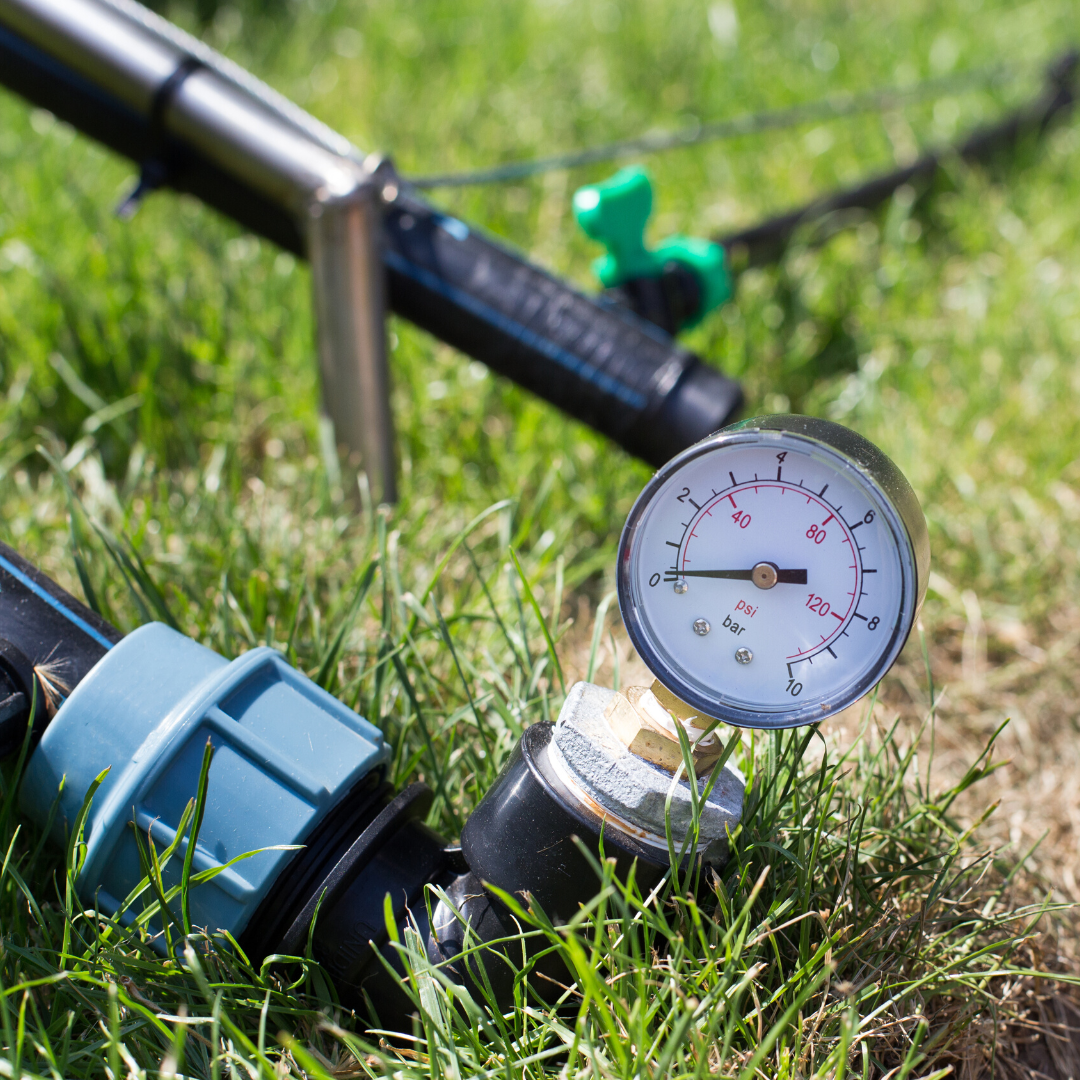Backflow is one of the more troubling plumbing issues because, unlike a leak, it can be hazardous to your health. Wastewater, or greywater, is pumped away from your home when your plumbing system is operating correctly.
However, backflow causes this wastewater to back up into your home and mix with your clean water supply. Backflow Testing can tell you if wastewater is contaminating your home’s water.
Advantages of Backflow Testing
It Protects You From Contaminates:
As mentioned previously, backflow can be dangerous to your overall health and wellbeing. This is because wastewater contains several chemicals and compounds that are dangerous. These can include chemicals found in cleaning products, chemicals from your lawn’s sprinkler system, and the leftover water from your washing machine and dishwasher which not only contains detergents but can also contain waste products.
Once this leftover water mixes with your clean water source, you could be exposed to various bacteria that cause a multitude of dangerous illnesses and digestive ailments.
It Can Detect Plumbing Issues:
If your home is experiencing backflow you have a plumbing issue that needs to be corrected. With proper testing, you can discover what is causing backflow to occur in your home and also detect other underlying plumbing issues that may be a concern. Plumbing problems often go unfixed due to a simple lack of awareness.
Because of this you only become aware there is a problem when something drastic occurs such as noticeable water damage. With professional testing, you can become aware of minor repair needs before they become more sizable issues requiring expensive repair and replacement.
It Protects Your Equipment:
If you have specialized equipment attached to your water system you’ll want to keep it safe and in top operating condition. Backflow can damage your equipment, leading to expensive repairs and, in the worst-case scenario, you have to replace it entirely.
With testing, you can see if backflow is occurring and, if so, take the proper steps to prevent it by keeping your possessions safe. These solutions can include repairing existing problems and/or installing a backflow preventer to help stop backflow in the future.
Meets Legal Concerns:
Local drinking water is legally regulated at both the federal and local levels. That means that your home’s water has to be properly cycled and wastewater properly disposed of. If you are experiencing backflow, you could contaminate the local water supply. This is why testing is required and can only be done by a licensed professional. With expert advice, you can keep yourself and your community safe.
Final Considerations
A final advantage of backflow testing is that it puts you at ease. The idea of wastewater contaminating the water you drink, cook, and show with is a stressful one. There is also the fear you may get sick or get exposed to harsh chemicals that negatively impact your health. There are also more financial concerns, such as the damage unchecked backflow can cause to your home’s plumbing system.
With professional testing, you can rest easy knowing exactly what the situation is and if you do have backflow issues, knowing the next step in correcting it.



